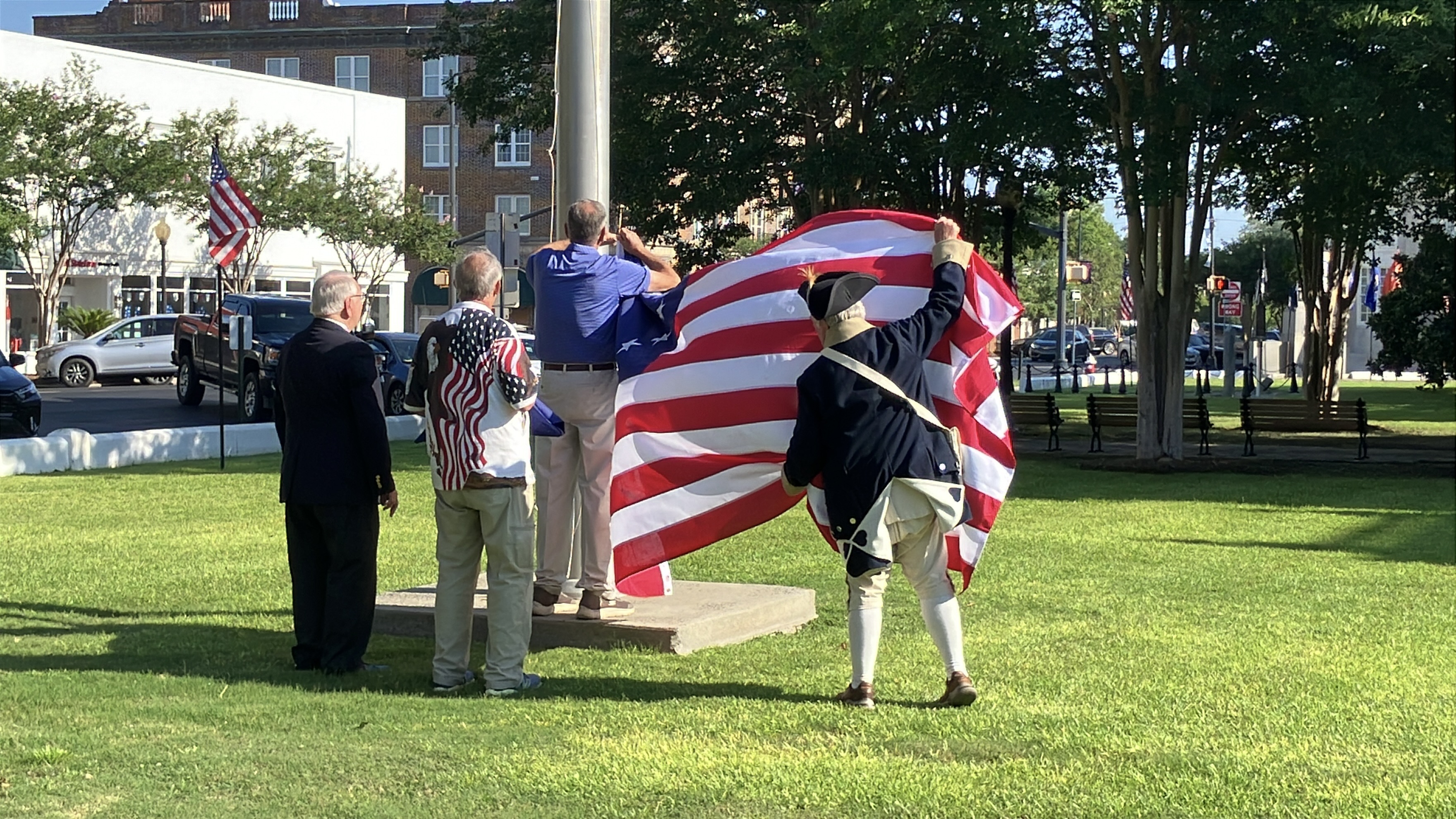ZACHARY: Legal organ newspapers protect everyone’s right to know
Published 9:49 pm Sunday, April 25, 2021
Legal organ newspapers in Georgia keep us all informed and protect the public’s right to know.
For example, when a city or county government makes big decisions — especially those decisions that involve raising your taxes or making zoning changes that could affect the value of your property — it is required to place a public notice in the local newspaper.
In our state those local community newspapers where public notices can be easily found are called “legal organs.” The Georgia General Assembly has defined in state law what it takes to be regarded as a legal organ newspaper.
Georgia state law requires that the newspaper be located in the county, and if there happens to be more than one newspaper of general circulation in that county, the probate judge, sheriff and clerk of courts can determine the newspaper that is designated legal organ status, where public notices must be placed.
Our system is not a perfect system but it is a good system, and state lawmakers designed it to protect the public’s right to know.
Public notices must be public and the only way to make sure the public will be made aware of such things as a property tax increase or a zoning change is by publishing that information where the most people are likely to see it — the local paper.
Back in 2019, Georgia Press Association general counsel David Hudson reported in GPA’s Georgia Press Bulletin on a Court of Appeals case where the courts affirmed the importance of local newspapers and the legal organ status. Hudson reported, “The dispute before the court arose from a decision of the Catoosa County probate judge, sheriff and clerk of court to change the legal organ newspaper from The Catoosa County News, located in the county seat of Ringgold, to the Chattanooga Times Free Press, which claimed to have 5,000 subscribers in Catoosa County” (Ga. Press Bulletin, March 2019).
According to Hudson, the courts determined that just because the Tennessee newspaper distributed papers in the small Georgia town does not mean it meets the standard of being the legal organ there. Being a local paper means more than just being sold in stores or having subscribers there. A local newspaper must have a presence in its community. While you may be able to purchase a copy of the New York Times or Wall Street Journal in most Starbucks no one would ever regard those newspapers as their local community paper, or expect to find local public notices in them.
The court’s decision in the Catoosa County case was spot on and clearly demonstrated the importance of legal organ newspapers publishing public notices in Georgia.
Georgia lawmakers should be paying close attention and follow the leader, in this case the state Court of Appeals, protected the public’s right to know and resisted efforts by misguided lawmakers mad at their local newspapers who try to periodically lift the requirement for local governments to place public notices in the paper.
Removing the publishing requirements and merely burying public notices on some obscure government-controlled website does not punish the newspaper nearly as much as it punishes the public, the people of Georgia.
We encourage state lawmakers to always keep the interests of the people of Georgia top of mind and always protect the public’s right to know.
Jim Zachary is the editor of The Valdosta Daily Times, CNHI’s director of newsroom training and development and president emeritus of the the Georgia First Amendment Foundation.





